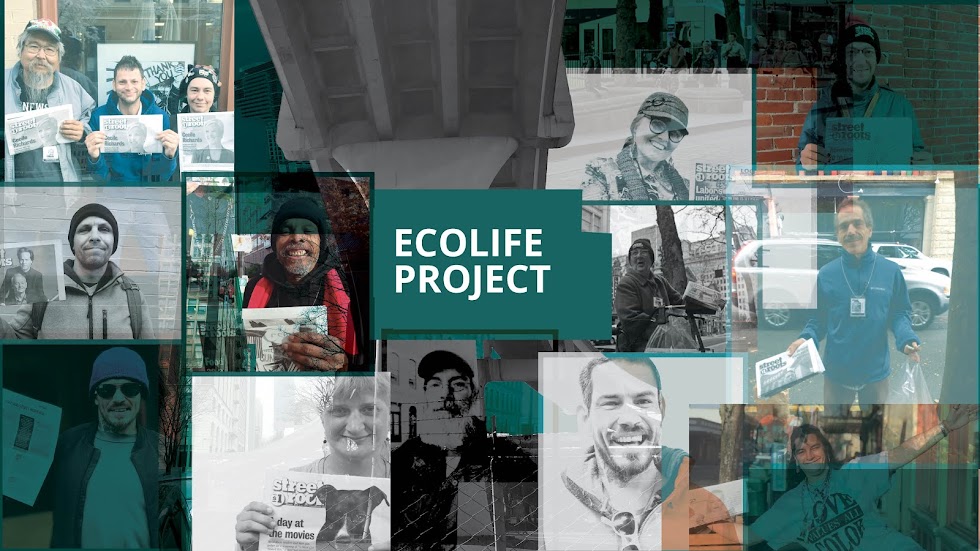The Great Barrier Reef stretches for about 132,973 square miles and is the largest living structure in the world. In fact, it is so large that it can be seen from space! It is located off the coast of Australia and holds a great deal of biodiversity in its vast area. The diverse marine life included in this amazing underwater community includes “1,500 species of fish, 411 types of hard coral, one-third of the world’s soft corals, six of the world’s seven species of threatened marine turtles, and 134 species of sharks and rays” (www.wwf.com).
Coral reefs are extremely important to our planet’s oceans. Not only do they control the CO2 levels in our world's oceans, but most importantly, provide shelters for numerous diverse underwater biota. Without the coral reefs, the level of biodiversity in our world’s oceans would be drastically reduced. All the fish that require reefs for breeding and shelter would meet their demise. This may not seem like a big deal to some, but this decline in the size and overall life of the reef directly impacts human life. “With an annual global economic value of $375 billion, coral reefs provide food and resources for over 500 million people in 94 countries and territories” (http://blogs.ei.columbia.edu).
The Great Barrier Reef has declined by over 50% in size within the past 27 years. Many factors have caused this to occur, including water quality, climate change, overfishing, and the growth of invasive species (most notably the Crown-of-thorns starfish). A majority of our earth’s reefs are in a crisis, all will be by 2050 if nothing changes. This is an ecosystem that we can't afford to lose. The future of the Great Barrier Reef is in our hands. One doesn’t need to be a scientist to make a difference to this marine environment. By taking just a few steps, you can drastically help not only the Great Barrier Reef, but the plethora of other marine environments that are being destroyed due to our actions. A few of these steps are: conserving water (thus reducing wastewater run-off), reducing pollution (walking or bicycling instead of driving is suggested), disposing of your trash properly, and lastly, spreading the word! The more people who know about this issue, the greater the change! Remember, change starts with you!
Written by: Matthew Teixeira
Image:
globalconnection.com.au
Sources:
www.gbrmpa.gov.au
http://oceanworld.tamu.edu/students/coral/coral4.htm
http://www.bbc.co.uk/news/science-environment-19800253
http://oceanworld.tamu.edu/students/coral/coral4.htm
http://www.bbc.co.uk/news/science-environment-19800253
WebRep
currentVote
noRating
noWeight

No comments:
Post a Comment